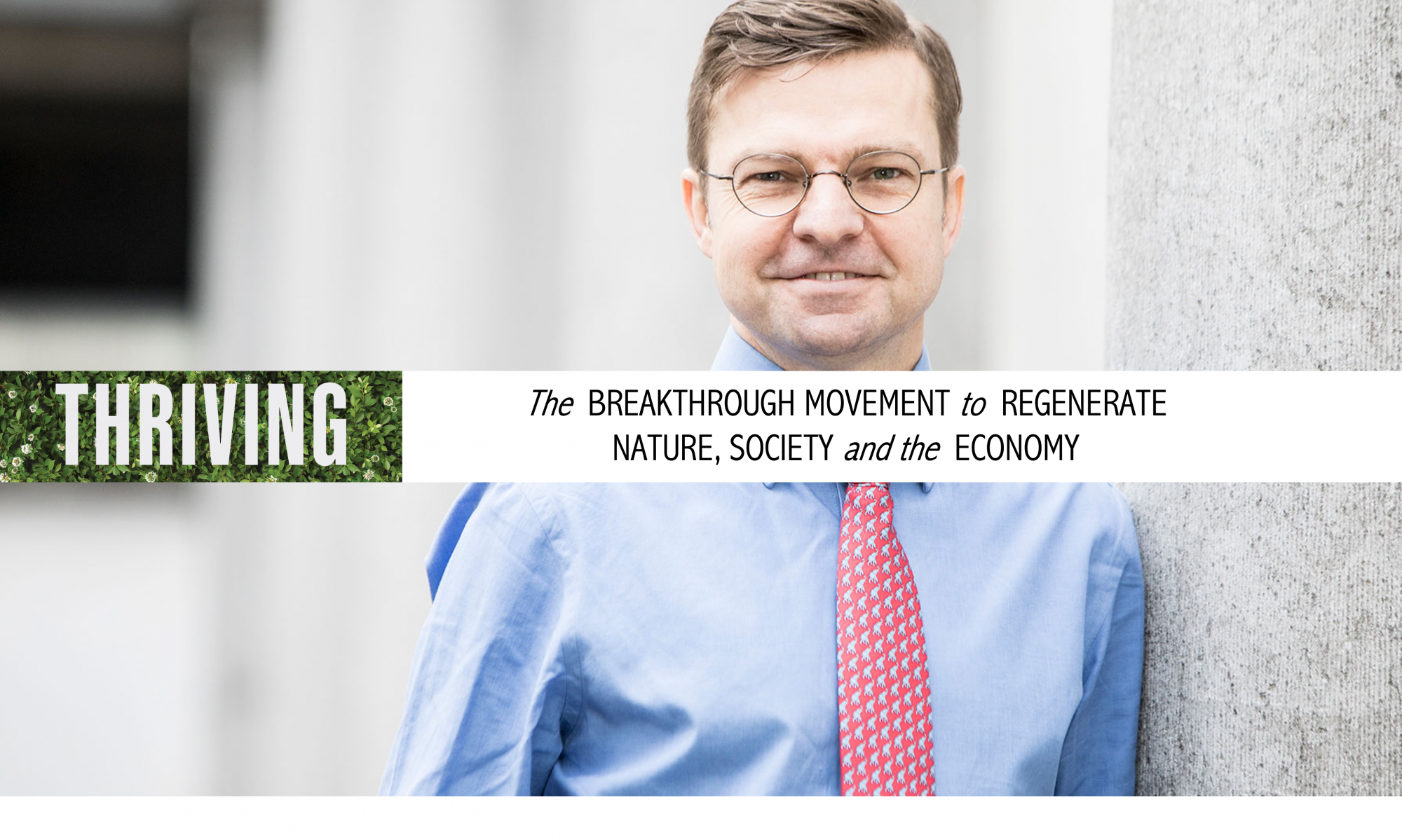The Business Poet – Chapter 4
On Customers
Merlin was pleased to see one of his frontline staff had stood up to speak. He had always believed that these were the real heroines and heroes of the company – those dealing with customers, face to face, every day, exchanging pleasantaries and dealing with their complaints.
“What about Customers?” she asked simply.
Merlin thumbed his notebooks and cleared his throat to speak:
“Customers are the weather gods worshiped by business, as the mercurial source of creation and destruction, feast and famine, wealth and destitution, life and death.”
He looked up and saw her nod knowingly and smile, as she took her seat. Merlin slipped back into role.
“Legend has it that the Philosopher’s Stone of business success is religious devotion to customer service.
“According to this belief, entrepreneurs are the mystical high priests who have the uncanny ability to tap into the moods of the weather gods and to profit from their esoteric knowledge.
“They appoint directors as clergy who, having taken strict vows of capitalism, organise and lead their flocks in the ways of placating and pleasing customers with price sacrifices and product gifts.
“In reality, however, customer sovereignty is an expression of healthy stakeholder tension rather than a royal pronouncement of a commercial truth.
“For the goals of customers are not always congruent with those of business owners, managers, employees or other interest groups.
“Customers may want the highest quality for the lowest price, while owners may want the highest returns with the lowest costs.
“Customers may want the widest choice for the least inconvenience, while managers may want maximum standardization for the most efficiency.
“Customers may want unrelenting 24/7 service with a smile, while employees prioritise work-life balance with meaning.
“And customers may want ever more ‘stuff’ for unlimited consumption, while special interest groups want to reign in the damaging behaviour of corporate excess.
“Although most business devotees pray for fair weather, the enterprising trader turns all weather to their advantage.
“They know that the sun fuels the plants which can be cultivated as crops and forests to feed a resource hungry world.
“They know that the wind turns the windmill which drives the turbine to generate energy for a power thirsty people.
“And they know that the rain channels into rivers which circulate through the veins of industry, keeping it cool and clean.
“Fly-by-night commercial opportunists prey on unexpected changes in the weather, living as slaves to the boom and bust cycles of customer fads.
“Amoral mercenaries seek out the most destructive storms and make bargains with the devil, living as shadow people in the underworld of bloodthirsty customers.
“More sustainable enterprises seek to understand the underlying principles and patterns of the weather, living as students of human needs and desires.
“The natural scientist understands that the weather is Earth’s way of maintaining a dynamic balance between its complex living systems.
“The macro economist understands that customers are society’s way of structuring a reciprocal relationship between production and consumption.
“The business practitioner understands that customers are the market’s way of matching latent demand with tailored supply.
“The industrial psychologist understands that customers are suggestible subjects whose distinction between needs and satisfiers is easily confused.
“And the critical philosopher understands that customers are typecast characters in a scripted narrative which blurs the margins between fantasy and reality.
“Customer demand is not a reliable proxy for social good, nor is business success a sound indicator of desirable activity.
“Nevertheless, customers can be activists for ethical behaviour and moral causes, and businesses can be pioneers in the delivery of social justice and environmental protection.
“In our legitimate and worthy striving to serve the customer, know that there is a spark of the divine in all of us, for we are all simultaneously weather worshippers and weather gods.
“Therefore, let our service be respectful and responsive and let our custom be careful and considered.
“In this way, business and its customers will form a soulful pact of sacred trust.
“And let us never forget that, as customers, we carry the weather within us.”


